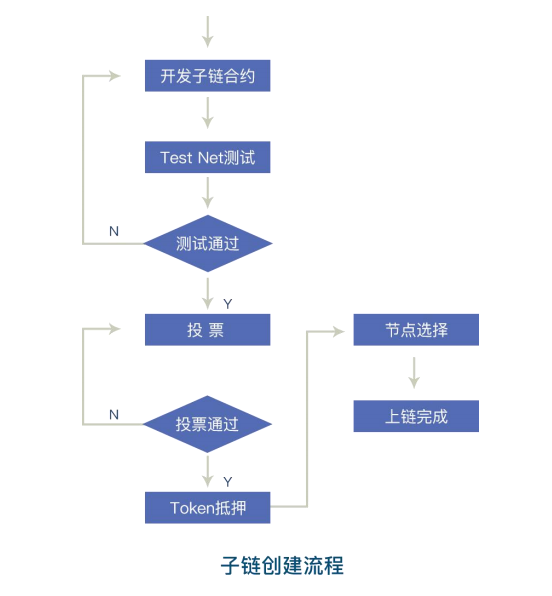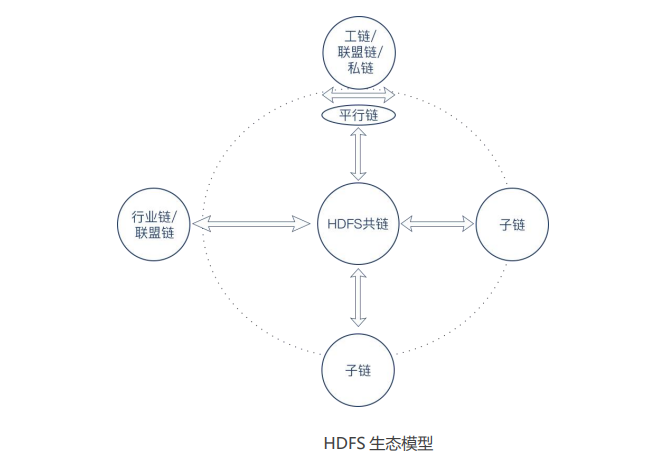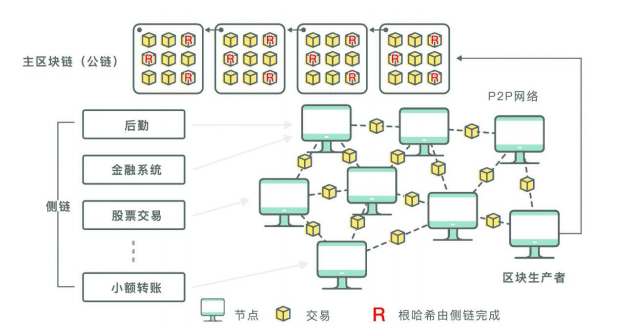-
Cryptocurrencies
-
Exchanges
-
Media
All languages
HDFS (Hard Disk File System) is a digital encryption currency and payment system based on Proof Of Capacity (POC), and it is also a secure and scalable blockchain underlying development platform. Aims to create a global encrypted and environmentally friendly payment system, including asset transactions, DAPP, data storage, information transmission, side chains, blockchain browsers, node elections, mining machines, mining pools, miners, technical communities and projects, etc. A series of ecosystems realize the autonomy and value creation of the HDFS system, and lay out the entire POC consensus ecosystem.
Ecosystem construction
The HDFS public chain will gradually form including asset transactions, DAPP, data storage, information transmission, side chains, blockchain browsers, node elections, mining machines, mining pools, miners, development modules, technical communities and project communities A series of ecosystems such as HDFS realize the autonomy and value creation of the HDFS system.
Sidechain
Explorers can create their own blockchain network by creating a sidechain.
Explorers can create their own blockchain network by creating side chains, and HDFS provides new infrastructure for them. The side chain selects some nodes in HDFS as nodes of its own blockchain network through a certain strategy, and completes various tasks such as node role definition, data block definition, and token setting in an appropriate way.
In addition to inheriting the most basic and most difficult ability to develop and implement in the HDFS network, the side chain also has the following expansion capabilities:
(1) The packaging mechanism, period, and the number of transactions supported by the block, etc. It can be customized flexibly;
(2) The side chain can flexibly define the independent certification mechanism;
(3) In terms of cryptography, especially in algorithms such as digest hash, the side chain can be flexibly selected. At the same time, the security of data blocks, such as access policies, can also be independently defined;
(4) The open data query and access interfaces of the side chain, in addition to implementing HDFS standard interfaces, can also provide corresponding The overload mechanism is used to provide richer access and access capabilities;
(5) The side chain can be flexibly and independently defined for transaction strategies, methods, fees, verification, and multi-signatures;
> (6) Smart contract support.
Sidechain creation:

Business growth: The sub-chain only needs to pay a small fee (HDFS certificate) to connect to the HDFS network, which saves a lot of time and cost. And as a result, attract more investors, expand existing income sources, and achieve a win-win situation for investors and the company.

Community building: The side chain becomes part of the HDFS ecosystem, and together with a strong investor group, forms a mutually beneficial community ecology.

HDFS sidechain technology will allow seamless integration of multiple use cases from different industries for fast blockchain transaction confirmation.
Application scenario
Easy to deploy DAPP
DAPP is a serverless HTML5 application using one or more decentralized technologies, utilizing the Ethereum blockchain, HDFS, and a distributed communication platform, You can easily develop and deploy DAPP. Through HDFS, the data on DAPP can be easily stored and retrieved, and the complete DAPP can be deployed on HDFS.
Asset Exchange
Create, hold and trade tokens on the HDFS blockchain. HDFS Asset Exchange allows for fast, secure and decentralized HDFS asset transactions. Due to its decentralized nature, external organizations or agencies cannot interfere with its affairs, greatly improving efficiency and reducing costs. HDFS allows direct peer-to-peer asset transactions without any intermediary, and the handling fee is almost zero.
Decentralized database
A decentralized database is a serverless, distributed, P2P database. Rely on HDFS's high-reliability storage, ultra-high-speed transmission capabilities, and powerful deduplication capabilities to build commercial database services.
Commodity Market
The HDFS market function allows users to display and sell goods on the platform and sell them on the blockchain. Anyone can list anything on the market in seconds. No need to rely on external marketplace sites for commissions to run your business. Instead, the transaction takes place directly between the seller and the buyer, without an intermediary. Transactions are automatically executed by smart contracts without delay, improving transaction efficiency and reducing the possibility of fraud.
Blockchain browser
The blockchain browser is the main window for browsing blockchain information. The content recorded in each block can be viewed from the blockchain browser Query, users holding HDFS tokens can query the detailed information of any block, transaction, and address through the HDFS blockchain browser.
Encrypted message secure transmission
The HDFS network system allows users to send and receive data directly on the HDFS chain, allowing any HDFS token holder to send directly to any other account holder information. Messages can be attached to any HDFS transaction block, making bookkeeping easy. By default, messages are securely encrypted, but text or data can also be sent unencrypted. Recipients of encrypted messages can easily decrypt them by entering their account password.
User and Investor Community
The HDFS user community includes roles such as investors, ecological contributors, and participating nodes. HDFS will provide community users with extensive community support, including establishing forums and wikis , tutorials, documents, white papers, knowledge base, etc., HDFS will actively participate in user interaction on social media such as twitter, telegram, and WeChat.











